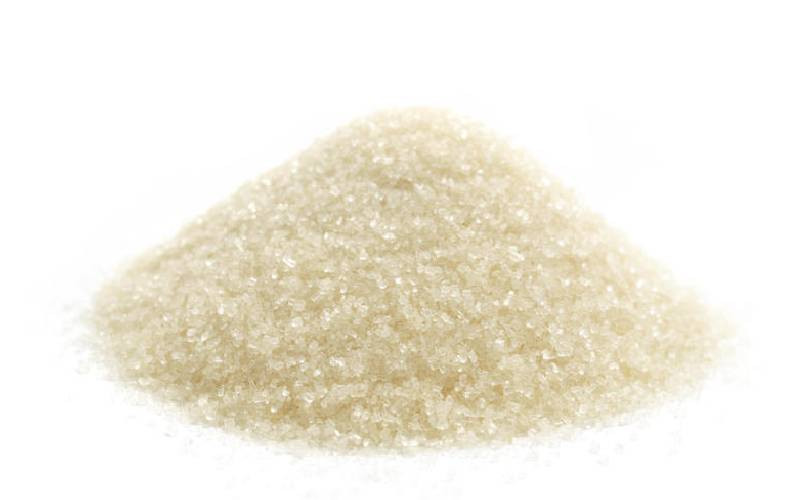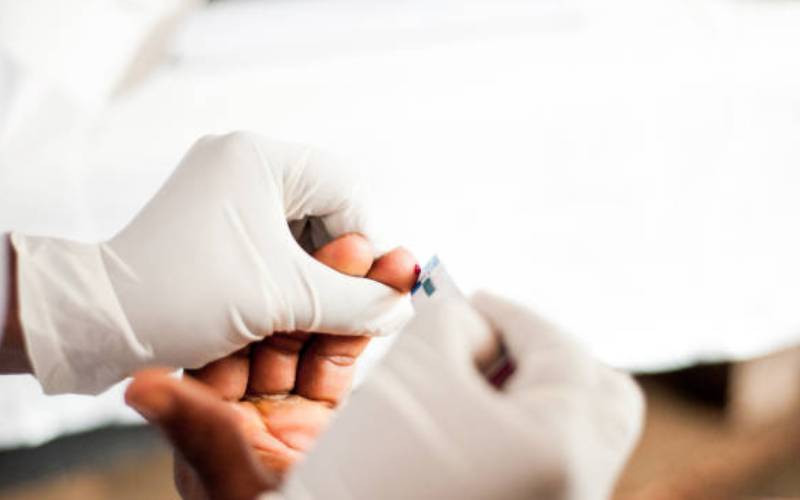WHO describes health as a state of complete physical, mental and social wellbeing and not merely the absence of disease. Health is an abstract condition and something that many people still struggle to understand.
I believe that everyone in their right mind aspires to be well and productive, however the reality is many do not have the capacity to make health promoting choices in terms of what they engage in for example food and recreation.
Diabetes and obesity are two major conditions that are now a worldwide epidemic and closely related to how we eat. It is not only critical what you eat but also how much and when you eat it.
Food is life
Food is an important aspect of human life. It provides you with nourishment for your body and gives us energy to go about your daily activities. It is recommended that you not only eat a balanced diet that composes of carbohydrates, protein, fruits and vegetables but also watch out on the total amount of calories that you take in.
It is not enough to eat the right amount calories but also to ensure that you eat a variety in each of the food groups to minimise cravings. At the back of your mind always remember that your body is composed of the nutrients that you consume, so “you are basically what you eat”.
The timing and frequency of your meals is another important aspect. Your body works on an internal clock called the circadian cycle. It gets a boost in the morning and fires up to get you started for the day.
Work with the body
This cycle is one of the major controls of hormones’ release in the body. What I have useful for many clients who have diabetes is guiding them to understand this cycle and essentially ‘work with the body’.
What does this mean? This implies that your activities especially food and exercise should go hand in hand with the body clock.
A good breakfast and exercise in the morning, preferably before 8am sets your basal metabolic rate high and enables you to burn more calories than you store. This keeps weight in check.
Aim to eat your evening meals before 8pm and it should be your lightest meal, since your digestive system is ‘shutting down’. It prevents the morning bloating, irritability, nausea and lack of appetite associated with large evening meals, due to fermentation of foods in the intestines.
The quality of food you eat is also important. It is advisable to eat less or simply avoid processed foods as much as possible. When the activities of man get in between the garden and your dining table then your food will often have high sugar, salt and fat content.
These have serious health implications such as obesity, diabetes, arthritis and hypertension.
High blood pressure can be avoided by limiting salt intake and processed foods preserved in salt such as crisps, soda and salty snacks. Salt makes your food taste good but it also makes your body retain water.
Stay informed. Subscribe to our newsletter
Avoid too much salt
This can precipitate hypertension or worsen existing hypertension. While cooking add herbs and spices first before salt addition, this reduces salt use and gives flavour and taste.
Healthy eating is critical in our world today where we are currently struggling with numerous challenges that can easily be avoided by giving thought to what we eat, considering what the repercussions may be.
It is being thoughtful of not only the inputs of dietary requires and the processes of the same but also the outputs.
When you relieve yourself check out the stool. It is an important indicator of your gut health and is closely related to your overall health. If this is hard, mosaic like or broken up in pellets or loose then something is amiss with the inputs. Often you may not figure out what to do so it’s a good idea to see a nutritionist.
Life therefore is all about choices, choices that have repercussions. It is therefore important that we choose well and leave very little to chance. It is also not all just about food but also balance.
Healthy eating is great but so is emotional balance and adequate rest. Tough options in a fast world but very possible if we just gave it a thought.
Ms Jalang’o is a Lecturer at School of Medicine and Health Sciences- Kabarak University and the National Secretary at Diabetes Kenya
 The Standard Group Plc is a
multi-media organization with investments in media platforms spanning newspaper
print operations, television, radio broadcasting, digital and online services. The
Standard Group is recognized as a leading multi-media house in Kenya with a key
influence in matters of national and international interest.
The Standard Group Plc is a
multi-media organization with investments in media platforms spanning newspaper
print operations, television, radio broadcasting, digital and online services. The
Standard Group is recognized as a leading multi-media house in Kenya with a key
influence in matters of national and international interest.
 The Standard Group Plc is a
multi-media organization with investments in media platforms spanning newspaper
print operations, television, radio broadcasting, digital and online services. The
Standard Group is recognized as a leading multi-media house in Kenya with a key
influence in matters of national and international interest.
The Standard Group Plc is a
multi-media organization with investments in media platforms spanning newspaper
print operations, television, radio broadcasting, digital and online services. The
Standard Group is recognized as a leading multi-media house in Kenya with a key
influence in matters of national and international interest.








